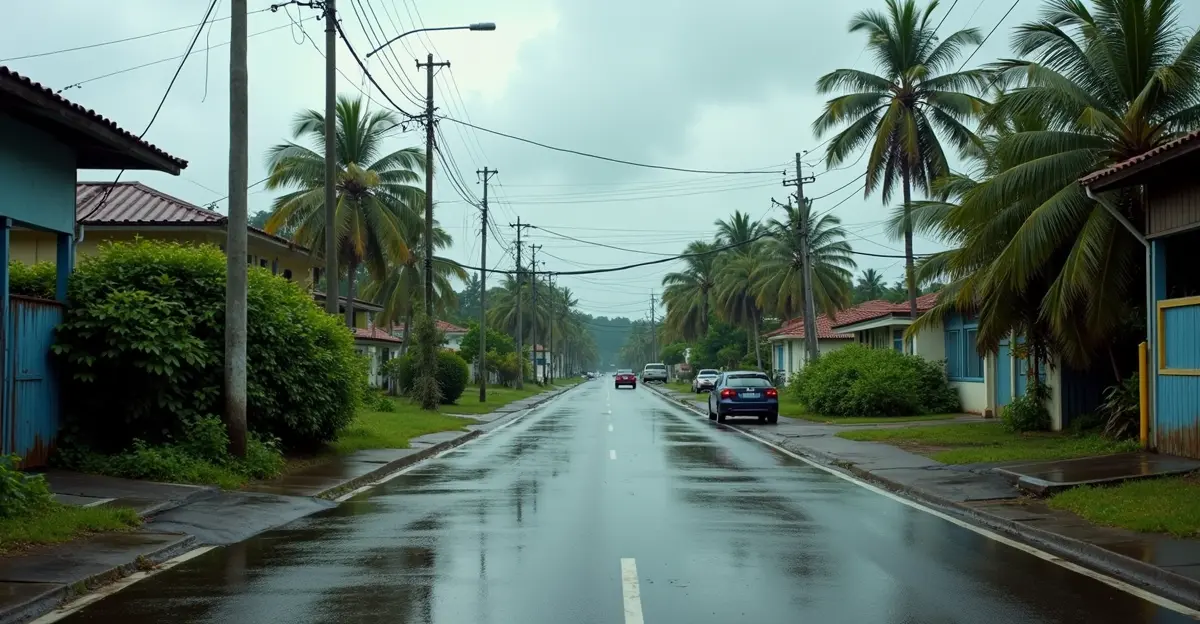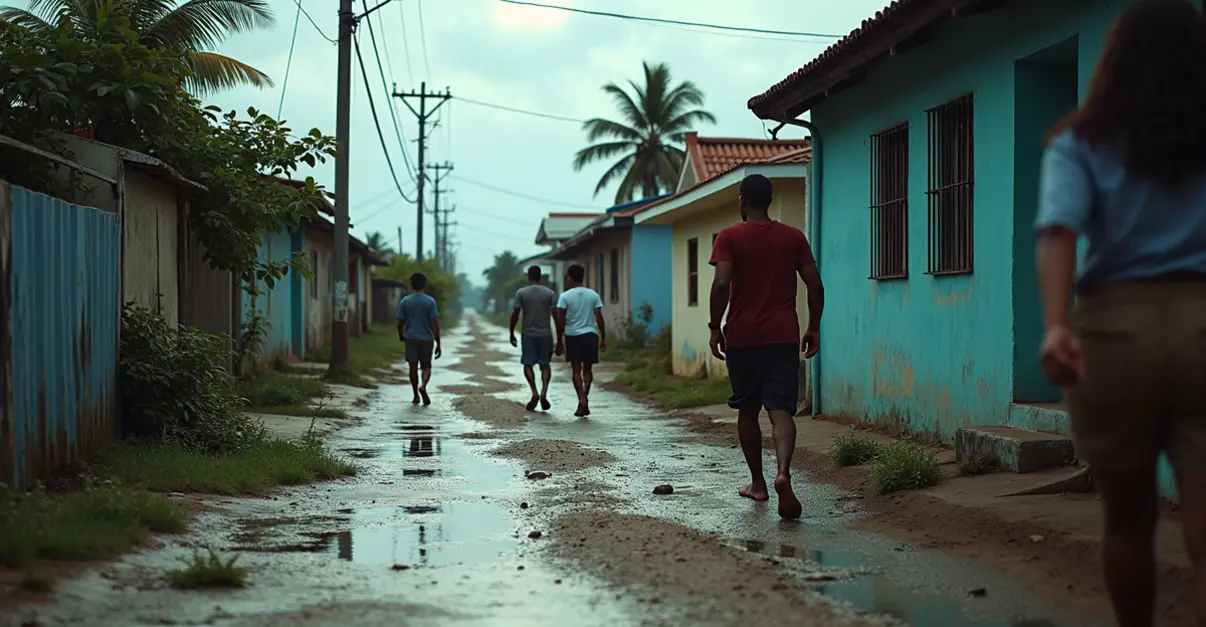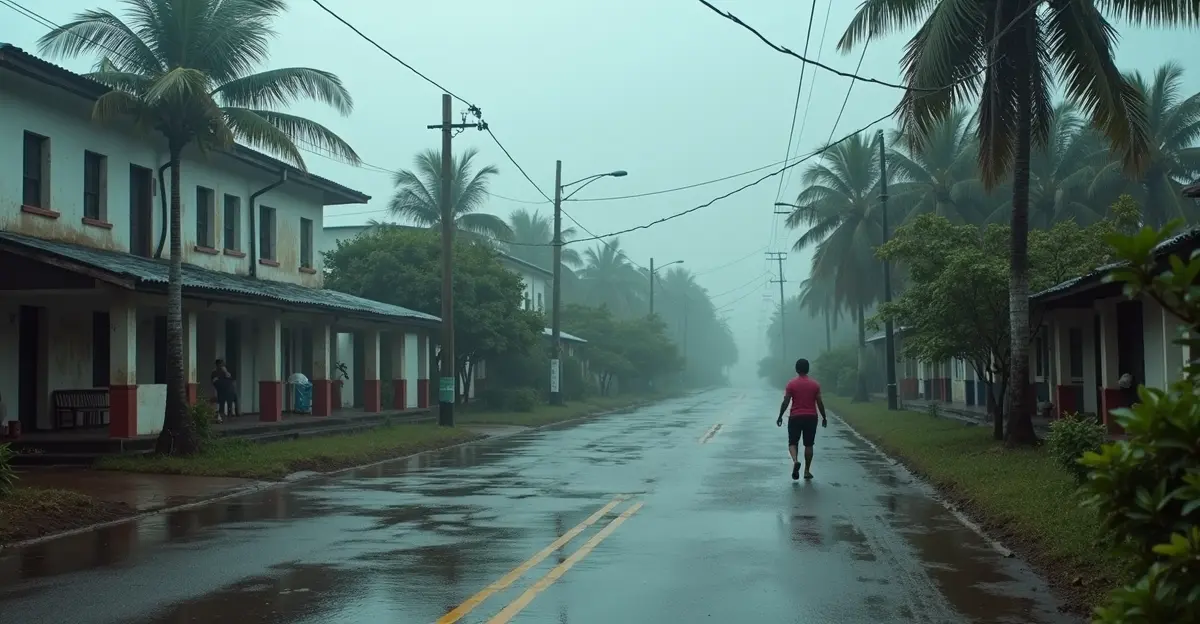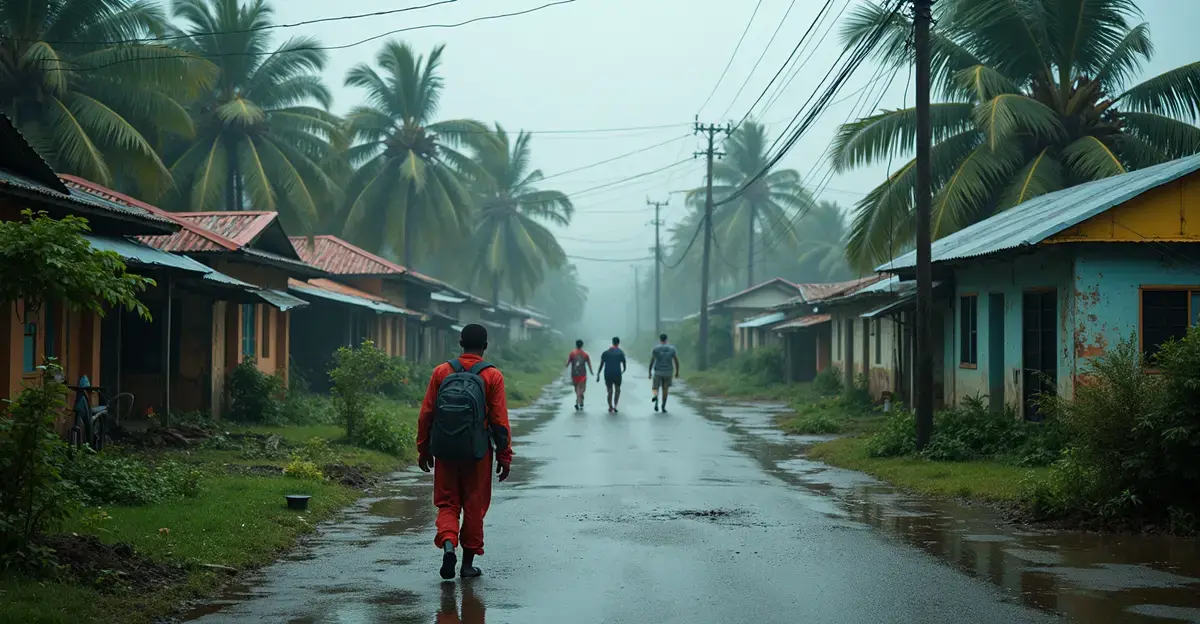Catastrophic Caribbean Storm Leaves Trail of Destruction
Hurricane Melissa, one of the most powerful Atlantic hurricanes ever recorded, has left at least 25 people dead in Haiti and caused widespread devastation across the Caribbean region. The Category 5 storm, which made landfall in Jamaica with winds reaching 185 mph (295 km/h), has been described by meteorologists as one of the strongest hurricanes in Atlantic history.
Haiti's Tragic Toll
The majority of fatalities occurred in the southern coastal town of Petit-Goâve, where the La Digue River burst its banks and flooded residential areas. 'The victims lost their lives when the river overflowed and houses were completely submerged,' reported Petit-Goâve Mayor Subrème to the Associated Press. 'Dozens of homes have been destroyed, and people remain trapped under the rubble.'
According to local reports, at least 10 children were among the victims, and 10 people remain missing, including five members of the same family. The Haitian government has declared October 29 a national day off and placed several departments under red alert.
Jamaica's Historic Devastation
Jamaica experienced the full force of Hurricane Melissa when it made landfall near New Hope in Westmoreland Parish on October 28. The storm tied with the 1935 Labor Day hurricane as the most intense landfalling Atlantic hurricane by central pressure. 'This is the strongest storm to hit Jamaica since records began,' stated a National Hurricane Center spokesperson.
The impact on Jamaica has been catastrophic, with 77% of the island losing power, hospitals damaged, and more than 25,000 people seeking shelter in emergency facilities. A baby was killed when a tree fell on a home, bringing Jamaica's death toll to at least 8.
Cuba's Massive Evacuation
As Melissa moved northeast, it struck eastern Cuba as a Category 3 hurricane before weakening to Category 2. Cuban authorities evacuated approximately 735,000 people to shelters, one of the largest hurricane evacuations in the country's history. 'We have never seen such widespread preparation and evacuation efforts,' commented a Cuban civil defense official.
The storm caused significant flooding in eastern Cuba, with homes and roads submerged across multiple provinces. Despite the massive evacuation effort, reports indicate collapsed houses and blocked mountain roads throughout the affected regions.
International Response and Future Path
The United States has deployed rescue and response teams to assist affected Caribbean nations. International aid organizations have mobilized resources, with World Vision Haiti committing $300,000 in immediate assistance and the UN Central Emergency Response Fund allocating $4 million to help more than 100,000 Haitians at risk.
Hurricane Melissa continues to move toward the Bahamas and is expected to reach Bermuda by tomorrow. Meteorologists warn that while the storm has weakened, it still poses significant threats with storm surge and heavy rainfall.
The 2025 Atlantic hurricane season is now considered above-normal due to Hurricane Melissa's unprecedented intensity, marking the ninth above-normal season in the last ten years. Climate scientists note that warmer ocean temperatures are contributing to more frequent and intense hurricane activity in the region.

 Nederlands
Nederlands
 English
English
 Deutsch
Deutsch
 Français
Français
 Español
Español
 Português
Português










